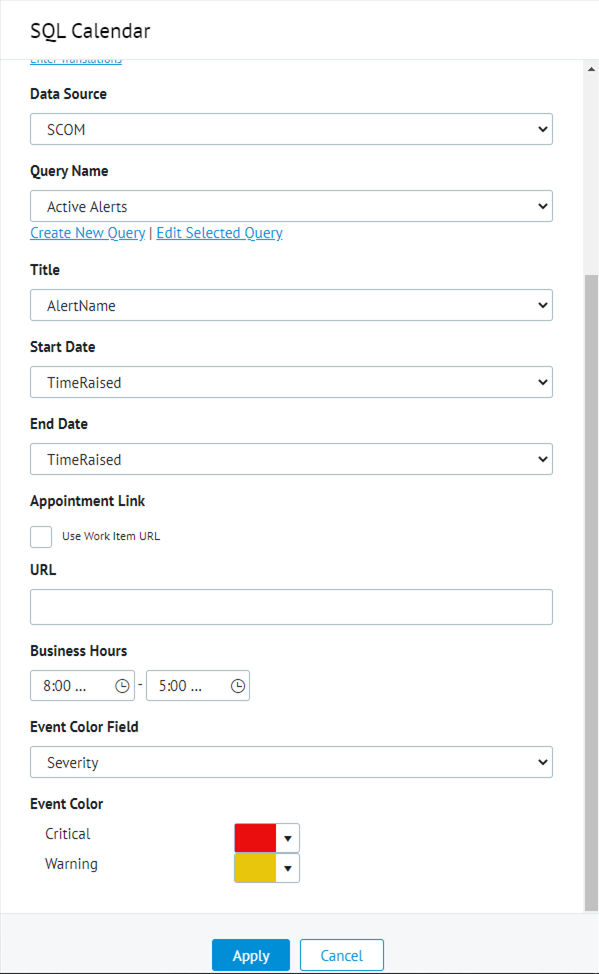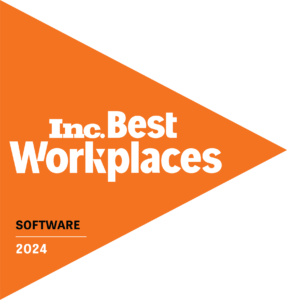As we continue along the roadmap for the year, it’s time to highlight a new milestone for the Cireson Portal portal with the release of 10.5.1 to our Latest branch. This sets the stage for several roadmap items we have planned this year for the Cireson Portal and introduces:
SQL 2019 Support
Within the last few months, Service Manager 2019 gained formal Microsoft support for running on SQL 2019 with CU8 and now the portal does, too!
Kendo and JS upgrades
We’ve introduced significant upgrades to core frameworks that run the Cireson Portal, enabling you to create an even a wider range of customizations. They also provide new opportunities for us here at Cireson for additional layouts, grids, Advanced Request Offering, and…
Dashboards – SQL and OData Calendar Widget
You may recall we introduced a Calendar Widget that lets you use SQL queries or render OData directly in the portal on a calendar. Examples of some use cases we’ve highlighted specific to Service Manager before are Asset Expiration, Change Request Scheduling or Manual Activity Scheduled Start/End Dates. Non-Service Manager use cases were SCCM Windows Update release days or even SCOM Alerts.
Regardless of how you choose to make use of the Calendar Widget, one thing that rings true in all cases: Calendar Views become the expected way to render events, and in some cases an unexpected, alternative way of viewing data. With our latest update to the Calendar Widget, we’re now giving you new ways to showcase that data, including the ability to define Custom Business Hours and Color Code results.

Here you can see that new and existing Calendar Widgets gain new Business Hours, Event Color Field and Event Color fields. In my case, I want to render SCOM Alerts on a calendar, color coded according to Severity.

At the next level, the door is open to far more interesting use cases, including cross-referencing data. How many Incidents did I receive on a day regarding an Alert? Did an implemented Change Request lead to Incidents? The possibilities are endless! Let’s see it in action by wiring up a SQL Query against the Service Management database and compare Change Request Scheduled Start Dates against Incident Created Dates. Using our SQL Calendar Dashboard widget and the following SQL query, can we identify potential links between different Work Items and different teams?


Perhaps the Change Request on the 4th led to Incidents on the 5th? The great thing about looking at data this way is that even if you aren’t relating Work Items to each another, you still have a way to visualize this data and identify patterns in your environment.
Auto Save Comments
It’s a discussion that has been a source of debate over the years between those live in the portal and those who visit the portal to perform updates:
“When I leave a comment on a Work Item in the portal and hit OK, I just wish it auto-saved instead of having to click Save/Apply on the Work Item.”
There are pros and cons to the approach. By not autosaving, you give people a second chance to edit their comment. But it also means you could think you added a Comment when you didn’t. On the flipside if you auto-save comments, it means Action Log notifications engage near instantly. No takebacks!
Taking a side in this discussion is difficult, so we’ve done the next best thing to give you the freedom to decide. Introducing the new Feature: Auto Save Action Log Comments.

Once enabled, just head over to Work Item Settings. Here you can define if this setting applies to just Analysts, just End Users or both.

Global Search – Administrative Filtering
It wouldn’t be another release without more functionality making its way to Global Search. With this update, we’re giving you the ability to configure pre-defined Filters to control how results are returned.
Best of all, filters are configured identically to how our OData widgets are configured. Whether you are just dabbling with OData or an experienced user, this keeps a low learning curve for administrators everywhere. For example, select:
- Analyst Comments, but only show the ones that aren’t private
- Knowledge Articles that aren’t in Draft Status
- Hardware Assets that aren’t Retired (requires Cireson Asset management)
- Azure constructs that haven’t been deleted in your tenant (requires the SCOM Azure Management Pack)

No matter where you are, our Knowledge Base has you covered, providing some examples that you can take and use right now. Check it out! Also, if you have feedback on the Cireson Portal 10.5.1 update, let us know.


